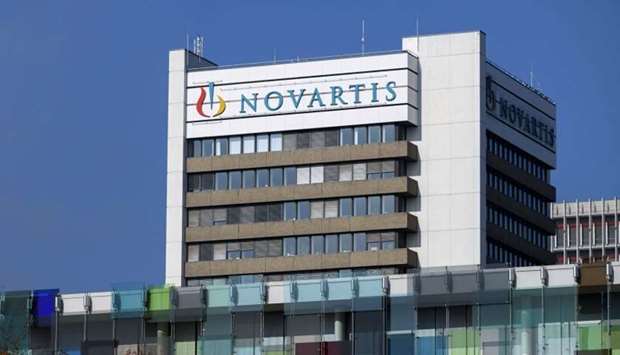Swiss drugmaker Novartis on Monday launched a controversial lottery to give the world's most expensive medication to 100 ill babies and toddlers for free.
The one-dose gene therapy Zolgensma, which treats a rare degenerative muscle disease in infants, costs 2.1 million dollars and has only been approved by health authorities in the United States so far.
While Novartis argues that a lottery will help parents of 100 children around the world, patient lobby groups have said that the scheme does not solve the underlying problems of high cost and regulatory approval.
German authorities on Monday said they would not stand in the way of treatment if a German child was one of the winners of the lottery, despite the fact that the drug is not approved for use in Europe.
When Novartis reported a 7.1-billion-dollar profit for 2019 last week, it cited Zolgensma as one of its key growth drivers.
However, the company says it cannot produce more doses of the drug at lower prices because there are no additional production capacities beyond the regular US orders and the 100 ones that will be drawn.
‘Despite all the criticism against this procedure, there is a lack of alternative proposals,’ a Novartis spokeswoman told dpa.
Starting on Monday, one child will be drawn every few weeks to receive Zolgensma for free to treat spinal muscular atrophy (SMA).
German mother Margarete Ubber, whose two children both suffer from SMA, refused to put their names forward for the lottery.
‘This is no way to take decisions about sick children,’ she told dpa. ‘This should be decided by doctors, not left up to chance.’ Besides which, her children have shown marked improvement with another SMA drug called Spinraza, the only such medicine approved in Europe. ‘For us, Spinraza is the miracle medicine,’ she said, rejecting the hype surrounding Zolgensma.
SMA is estimated to affect one in 8,000 to 10,000 people around the world. It weakens and shrinks muscles, which can lead to paralysis or respiratory failure.
Novartis has not revealed the number of lottery applications.
If authorities in the winner's country allow Zolgensma on an exceptional basis, the infant will receive it within weeks, according to the drug company.

